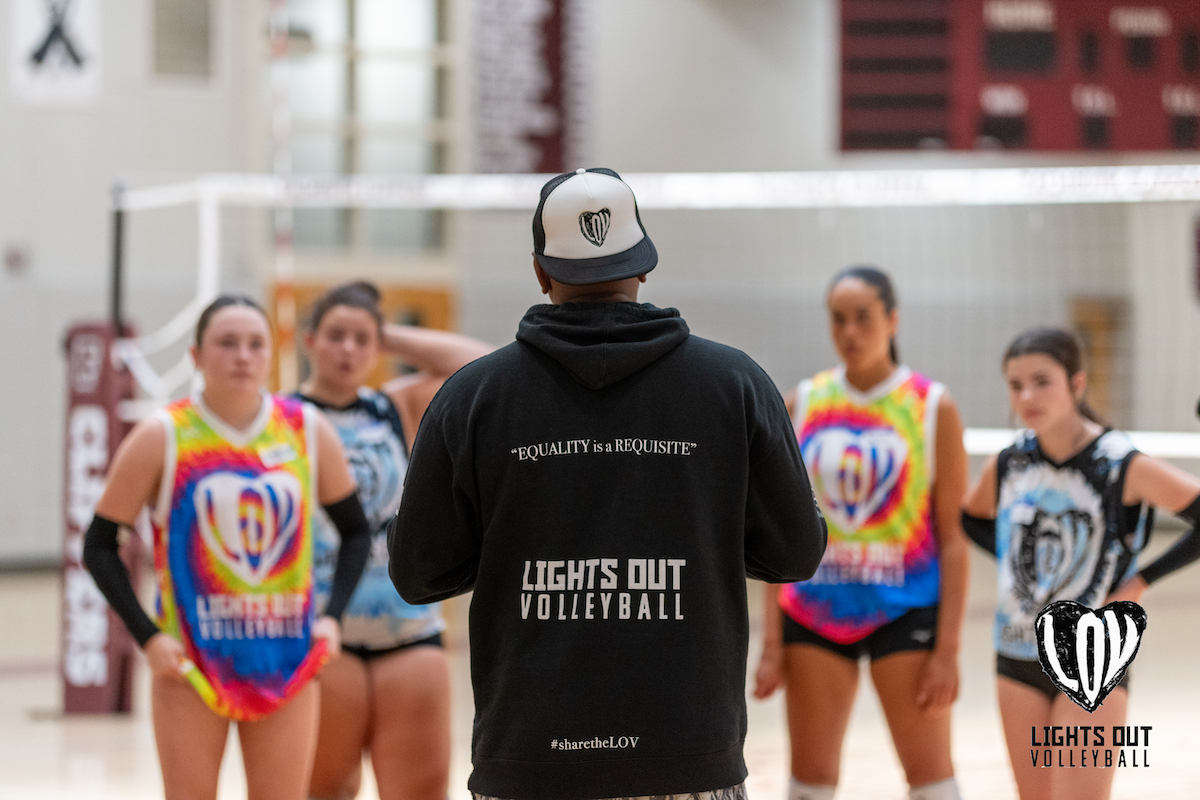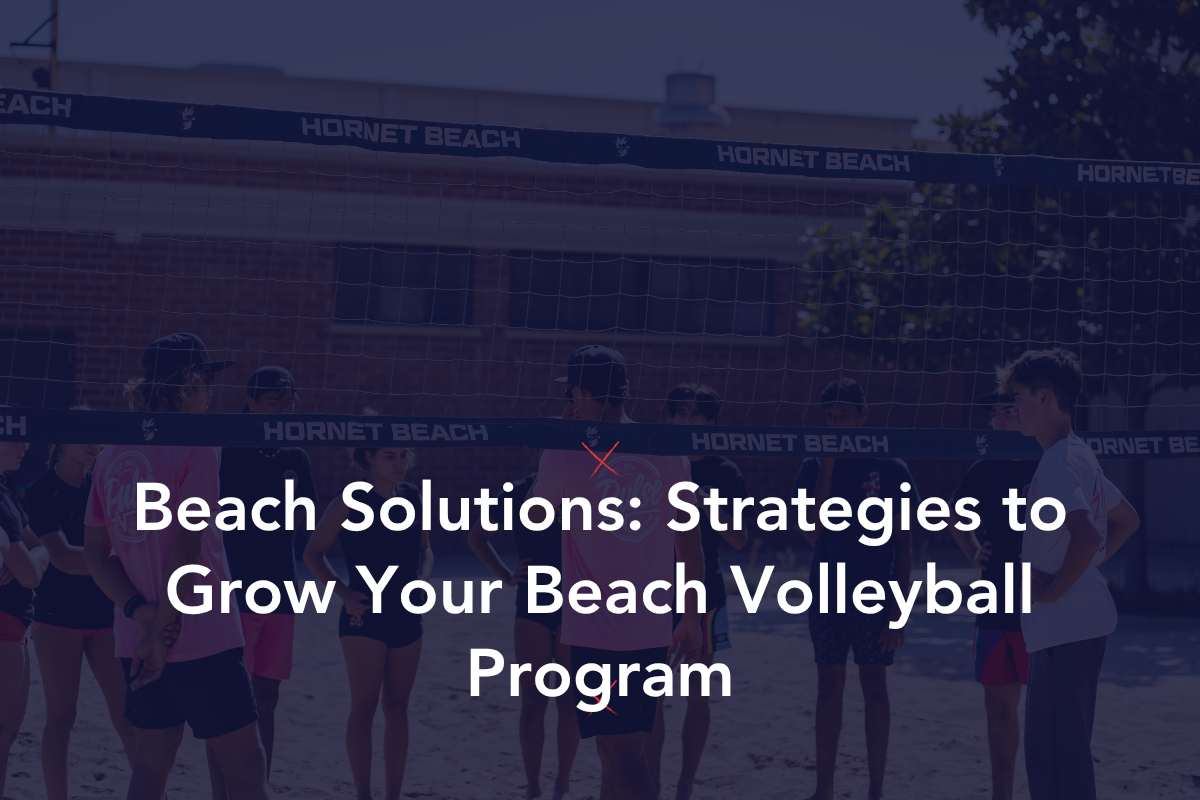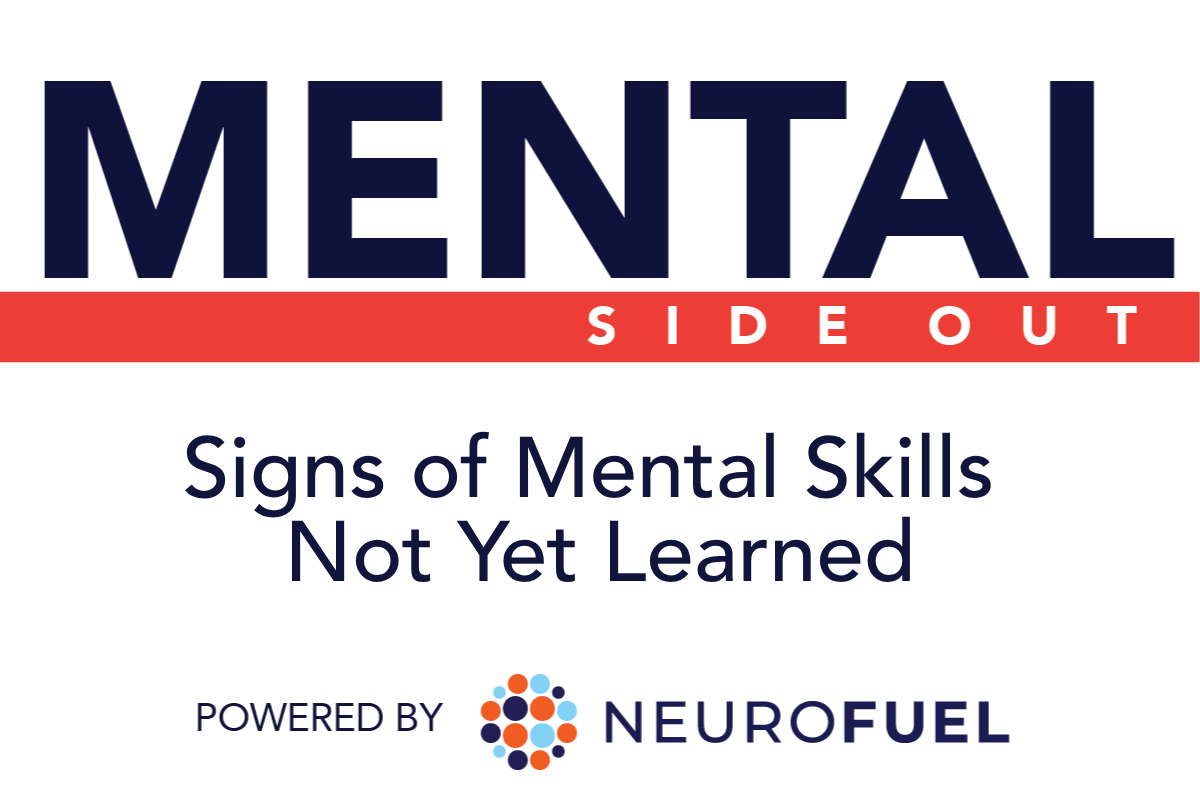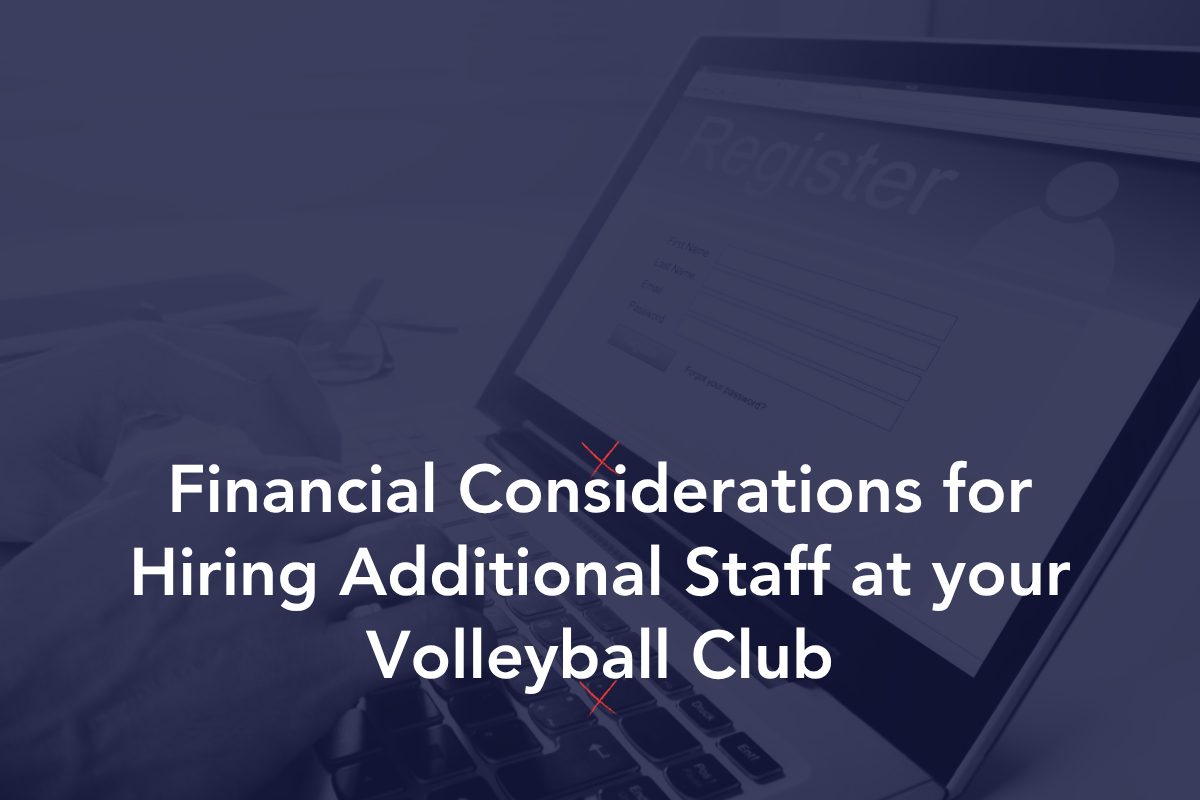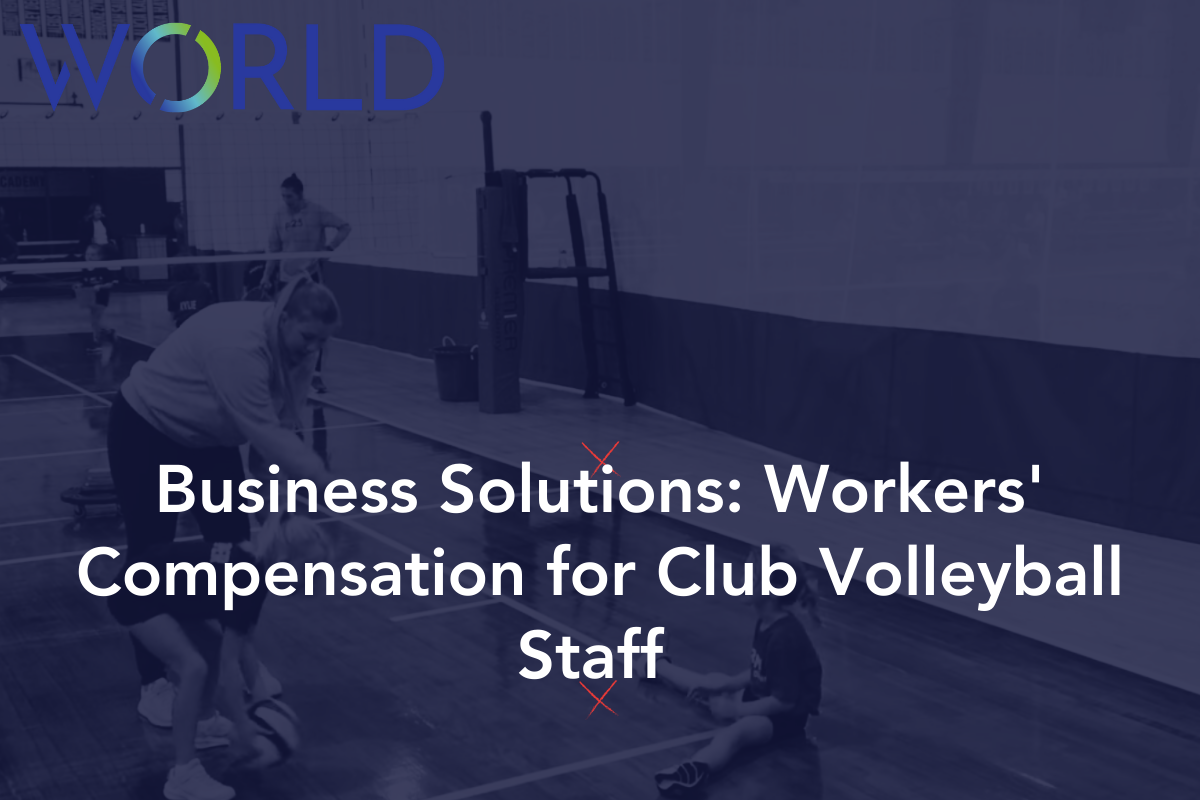
At its core, mental performance refers to the way athletes think, feel, and respond in competitive situations — especially under pressure — and how those internal responses influence their actual performance on the court.
It’s not just about staying calm.
It’s not just about “toughing it out.”
It’s about developing and strengthening the mental tools that athletes need to:
- Stay locked in on the present play
- Bounce back after mistakes
- Stay confident in tough moments
- Communicate clearly and lead when it matters most
- Handle pressure without letting it hijack their game
Just like athletes train their bodies with conditioning, strength, and reps, they can train their minds. Mental performance is a trainable skill set — not a fixed trait.
When coaches talk about athletes needing to be “mentally strong,” what they’re really referring to is a set of mental skills. These include:
Confidence – Believing in your ability to succeed
Composure – Staying emotionally steady under stress
Concentration – Focusing fully on the task at hand
Commitment – Staying engaged and consistent through adversity
These aren’t vague personality traits or something athletes are just “born with.” They are specific, observable behaviors that can be practiced, refined, and improved — just like passing, hitting, or blocking.
So, when an athlete loses focus in the final stretch of a close match or lets a single mistake derail an entire set, it’s not just a fluke. It’s a sign that this area of their game needs training — and you can help them build it.
Mental Performance in Real Life
You’ve seen it before: Two players, same skill level. One performs with grit and poise in pressure situations, while the other fades when the stakes get high. They both know how to play — but only one can access that ability consistently, especially when it counts.
What separates them isn’t talent. It’s mental performance.
Let’s consider a simple example:
Scenario: Your setter looks sharp in practice — quick reads, smooth hands, strong voice. But come game time, it all changes. The pace slows. She stops taking smart risks. Communication drops. The entire offense sputters.
What changed? Not the skill. The mental state. Nerves, fear of messing up, and self-doubt took over. Her physical abilities didn’t disappear — they just became harder to access because her mind was overwhelmed.
That’s the power (and vulnerability) of mental performance.
Why Mental Performance Matters More Than Ever
While every athlete benefits from mental training, it’s especially important for club-aged athletes. These players are still developing not just physically, but emotionally and cognitively. They’re navigating self-image, confidence, peer dynamics, academic stress — all while trying to perform at a high level in sport.
That means mental performance is often the missing link between potential and actual performance.
When athletes don’t know how to handle pressure, their bodies tense up, their focus narrows in unhelpful ways, and their decision-making suffers. But when they’ve practiced mental skills like breathing through pressure, using self-talk to regain confidence, or refocusing after mistakes — everything changes.
They play freer. They stay in it longer. They recover faster.
View more mental performance education.
Neurofuel is the Preferred High Performance Mental Training Platform of the JVA.
Neurofuel is a mental training platform designed to help athletes learn about and train the mental techniques proven to help individuals perform to their potential more often in the moments that matter most. Used by more than 1,200 teams and over 23,000 athletes, Neurofuel supports athletes, coaches, and teams in achieving peak performance mindset and long-term personal growth. Learn more at www.neurofuelapp.com/



